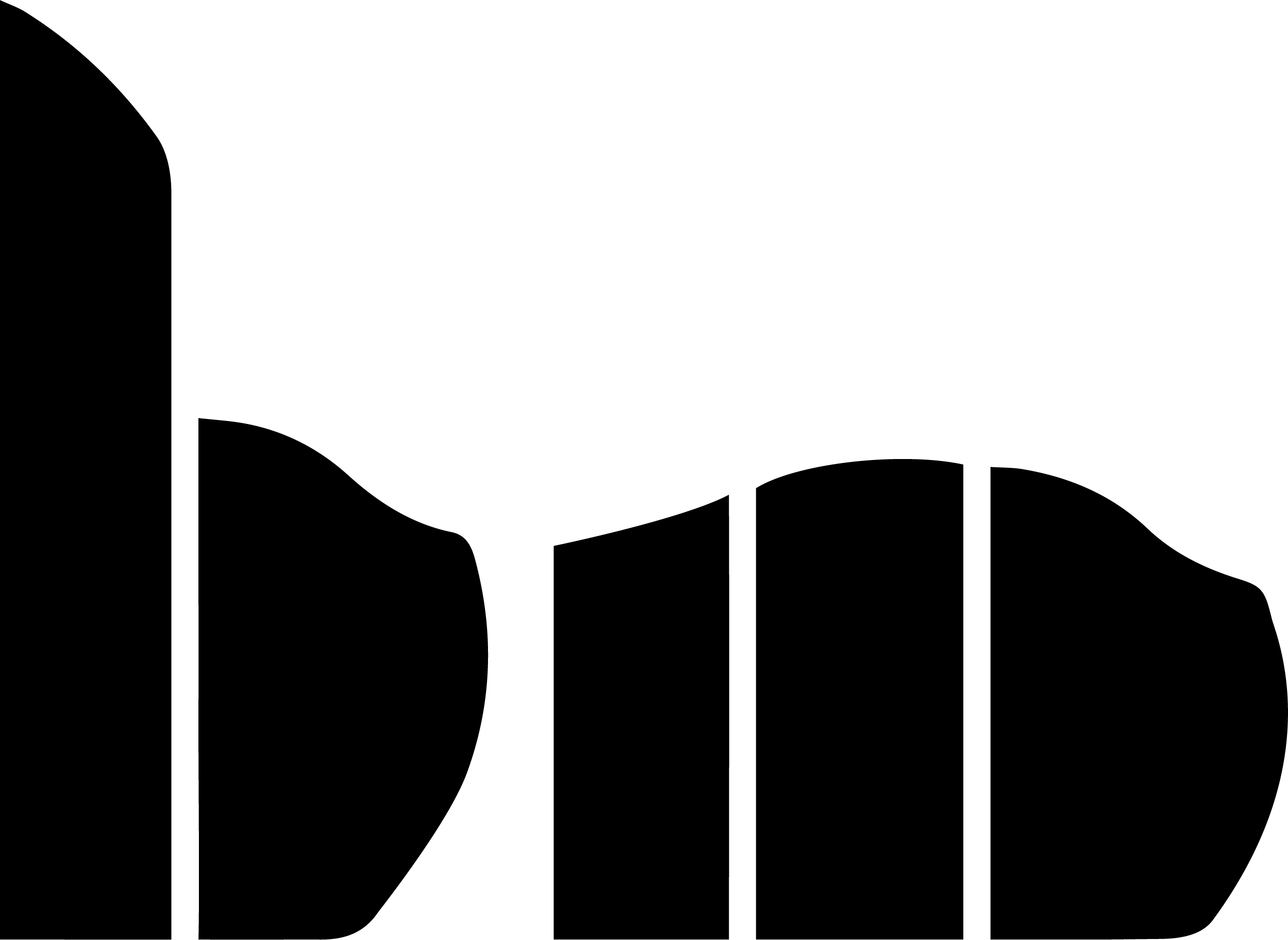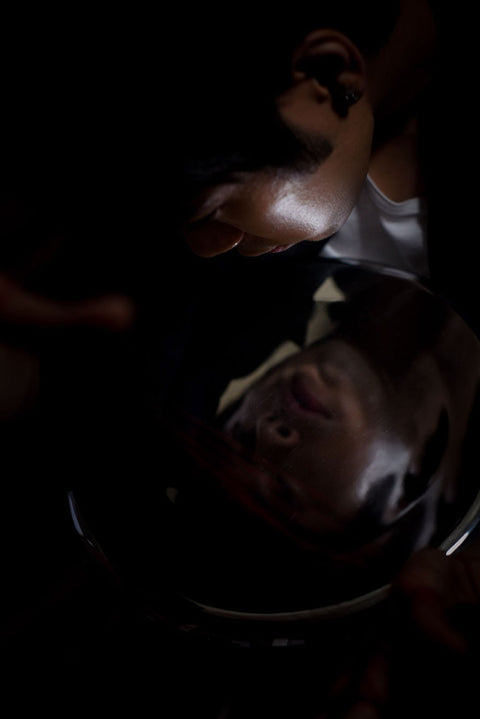Hi friends,
This week we are talking about allyship. What are the disclosure do's and don'ts? How can we approach difficult conversations with compassion? What are the warning signs of abuse?
I know the answers to these questions may seem obvious. I'll be the first to admit, I thought I knew what it meant to be a good ally. Writing this article coupled with conducting the emotional Q&A published last week, shifted everything into perspective. We can never be the judge of determining whether or not we're good allies. It's not up to us to say, "we're doing enough" or "we're being supportive in the right ways". So, to those of you reading about this topic for the first time, I guarantee you will learn something new. And to those of you who believe you are a good ally, come into this post with an open mind and leave willing to grow.
What Is Allyship?
The survivor I spoke with last week said, "Checking in reminds victims there are people who may be sharing the same world, but are living different lives". Validation is key. Your purpose as an ally is to offer your ear, and if possible, to offer tangible forms of support like the ones linked here. It's an opportunity to learn. It's the ability to be an active listener. But most importantly, it's support.
(Source: Safe & Together Institute)
What Are The Warning Signs?
Knowing the warning signs can help you be proactive about asking the right questions and supporting those you love. Identifying signs of abuse is the first step to ending it. Red flags may not look the same for everyone, but these are a few things you might be able to spot:
- Agitation, anxiety, or constant apprehension
- Changes in sleep habits (too much or not enough)
- Substance abuse issues
- Extremely apologetic or meek and feelings of guilt or shame
- Loss of interest in daily activities
- Low self-esteem and depressive symptoms
- Seeming fearful
- Talking about or attempting suicide
(Sources: Very Well Mind and ADAA)
Disclosure Do's and Don'ts
When someone tells you about their experience with violence, it can be jarring. Especially if it's something you've never experienced yourself. Always ask yourself, "is what I’m doing making it safer?". Oftentimes, leaving an abusive relationship is when a victim is most at risk of experiencing escalated violence. The way you approach these conversations requires compassion and empathy. As an ally, you may be wrong. You won't have all the answers. But making an effort to try and support them is what's important here.
Dont's
- Do not listen with a judgmental attitude
- Don't blame the victim of the violence, or make excuses for the person who is abusing them
Do's
- Tell them you love them
- Help them to understand that the violence is not their fault
- Be supportive, encouraging, open and honest
- Show the person that you believe them and that you take their situation seriously
(Sources: YWCA, and Safe Choices)
I hope I have helped you see why it's important for us to hold a mirror up to ourselves. To look at how and why we need to change. Let's dig deeper. Let's continue to learn and continue to grow.
Love,
Your friends at briar de wolfe
Additional message: **During COVID-19, there has been a significant rise in domestic violence and abuse. Where isolation is an effective strategy for everyone's safety, it is not the case for several victims. Please call 9-1-1 if you are feeling unsafe and please find a local shelter by any means necessary.




